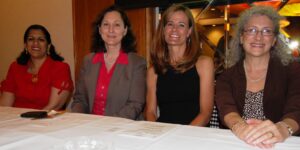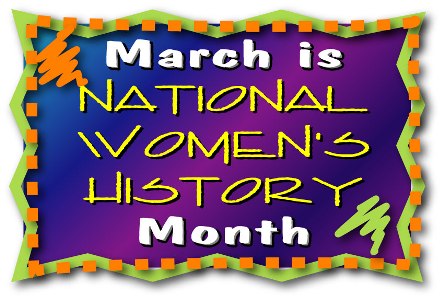When Deborah asked me to be part of the Women GroundBreakers Storytelling panel, Serving our Diverse Communities, I knew I had to say yes. She had said yes many times when I reached out. This is my turn. So, here’s my story… (Deborah coached us on telling our story, starting with something easy to share and for others to absorb, consider something that might shock people…then try to blend into something somewhere between the two.)
I am not from Chattanooga, but this has been my home for over 40 years. The traditional part of me is that I attended Hixson High School, I have a BS and an MS from UTC, and retired from Chattanooga State after 23 years involved in economic and workforce development projects. The less traditional way to present my life would be I am Chinese and grew up mostly in Taiwan, and before immigrating to the US, my family lived in the Philippines for many years. I attended elementary school in Taipei, Taiwan, junior high school in Quezon City, Philippines, and high school in Hixson, Tennessee.
My career journey was not very adventurous, I studied architecture, and when the job market did not look good for architecture, I got married and moved back to Chattanooga, I enrolled in UTC’s mechanical engineering program…oh, I failed to mention after high school my parents moved to NYC.
After graduating with my BS in Mechanical Engineering I worked for TVA, then Olan Mills…mommy track and the sunsetting of Olan Mills took me to Chattanooga State and launched my more exciting career in economic and workforce development.
I was on the team that supported the recruitment of VW, Amazon, Wacker Chemical and Nokian Tyres, as well as their hiring and training projects. We were also involved in training projects for TVA, DuPont, La-Z Boy, Whirlpool, Gestamp, BASF and many more. Through these training projects, I got to know a more diverse community here in the Chattanooga region, internationals, and locals that want to elevate themselves with better jobs, acquire better job skills. We went into different areas in the community with the employers to reach more applicants. We find ways to train people for the jobs to fill. One training project for VW was at the Brainerd Recreation Center. High school graduates were required to complete 30 hours of training span over four weeks. Upon completion, they were interviewed by VW hiring partners for entry level production jobs.
I got to know the people in my new hometown. I learned about some of the people’s dreams and helped discover their potential. It was inspiring and fulfilling to be able to help them with their journey. Although DuPont is no longer in our community, I got to know over a hundred people that benefit from the training partnership. The DuPont training stories made Chattanooga credible when we were at the table with VW and Wacker. When companies decide where to build a new site, workforce availability and training partners rank pretty high on the priorities. When DuPont ended its operation here, ones that completed the training programs were able to find their next job.
In visioning the career pathways for our students, we knew articulation with four-year partners is important, we worked with UTC, Tennessee Tech, and others. My last attempt was starting conversations with Bryan College when they started their engineering program. With Chatt State graduates working in the Dayton area, I thought the ability to continue with a four-year credential would be beneficial. More on our DuPont stories, many took advantage of the articulation we set up. There are some fantastic career stories, nuclear operators, manufacturing plant managers to name a few.
In my new pretend retirement role, I am serving as an advisor for the Bryan Colleges engineering programs. That relationship included helping them set up the Society of Women Engineers student group.
I am also serving as the executive director of TN China Network, offering my service and knowledge to Chinese companies and professionals that are already in Tennessee.
I recently took on a few contract projects, but all related to engineering, advanced manufacturing resource connections. And underneath it all, I am always looking for ways to advance women in their career journey. That addressed the work for Million Women Mentors.
I enjoy being a connector and a collaborator. Building an impactful relationship, Deborah was a facilitator for a panel discussion, when a group of us founded the Chattanooga professional section of Society of Women Engineers.

Thank you Deborah for building the village with me.
Questions from the audience and Lulu’s Answers
Many organizations had leveraged and supported the industrial parcel that is the Enterprise South that finally landed both VW and Amazon. The Amazon Fulfillment Center Chattanooga or CHA1 as labeled by the company. Amazon currently operates fulfillment and sortation centers in Charleston, Chattanooga, Lebanon, Memphis, Murfreesboro and Nashville. Without the prep work by the City of Chattanooga, education partners, chamber of commerce and many community professionals, projects like these will not happen.
CLICK to Access recording of the Women GroundBreakers panel
- Women GroundBreakers & STEM: Lulu Copeland - March 29, 2024

